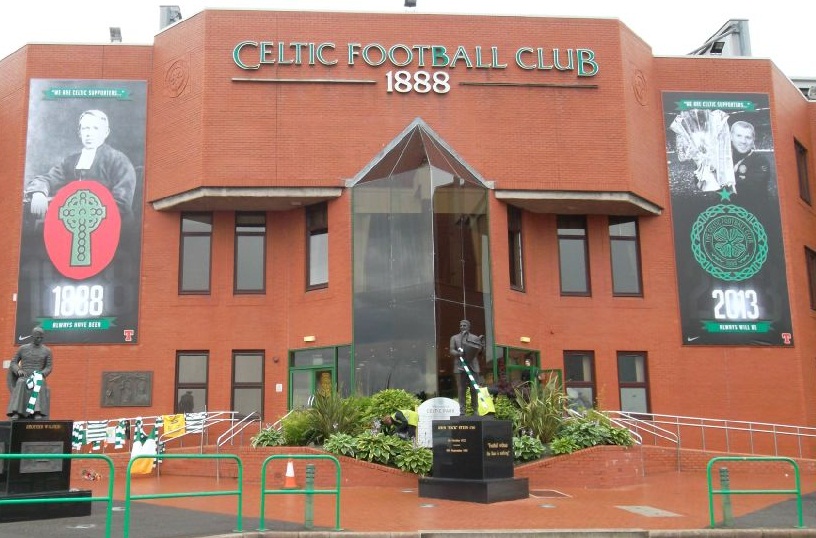Neil Lennon could not disguise both his delight at the achievement of reaching the Group Stages but he also emphasised the understandable tension surrounding the club in its quest for competing at the highest level of European domestic football. The reality is that once again Celtic are part of a 32 club elite competing in a competition that attracts world wide audiences. The Board, Manager, players and supporters have the most fundamental grasp on what this means for Celtic Football Club. And whilst the manager and players prepare to meet their Group Stage opponents following the UEFA Draw later today the support can dare to dream of more memorable European nights at Parkhead and some mouthwatering travel destinations for the away legs.
Of course the qualification to the last 32 has been set against the backdrop of the summer transfer window. Although there has been a recognition that new faces are required the support have by and large been patient in their demands for new signings. The general consensus is that a striker and a centre back would bolster the squad given some of the departures following last season.
Quite rightly though the club have carefully negotiated the balancing act of football success and financial security. Investment in new players before financial rewards are secured can potentially increase the risk factor above a manageable level. Equally, forays into an increasingly complex transfer market, too early in the process could mean the club losing out on better players as most of the transfer activity is traditionally completed in the final few days of the transfer window.
Undoubtedly the Champions League revenue windfall now provides Celtic with some scope for persuading clubs to part with players who are higher up the scouting wanted list. Neil Lennon though was quick to add a further complexity to the financial balancing act by quite correctly citing the desire to see new contractual rewards for the players who have got the club to this point. A few grand on a number of players weekly wage, while probably justified in the relative world of footballers pay, will squeeze the budget for new additions.
Having said that, over the past couple of seasons, the strategy Celtic are adopting in buying relatively unknown talent at lower prices and working in a developmental sense with these players is now beginning to pay dividends. The sale of Ki highlights the buy – develop -sell on scenario in the clearest way.
Whatever the next couple of days brings in terms of new signings it is clear that Celtic currently have an approach to both football and business which is probably about as good a balancing act of these two often competing priorities as is possible given the domestic environment in which Celtic operate and the crazy football market which operates across large swathes of Europe.
Champions League football certainly does provide more capacity within the balancing act to put Celtic on the radars of prospective players and agents and makes some of those players affordable in the overall financial picture.



